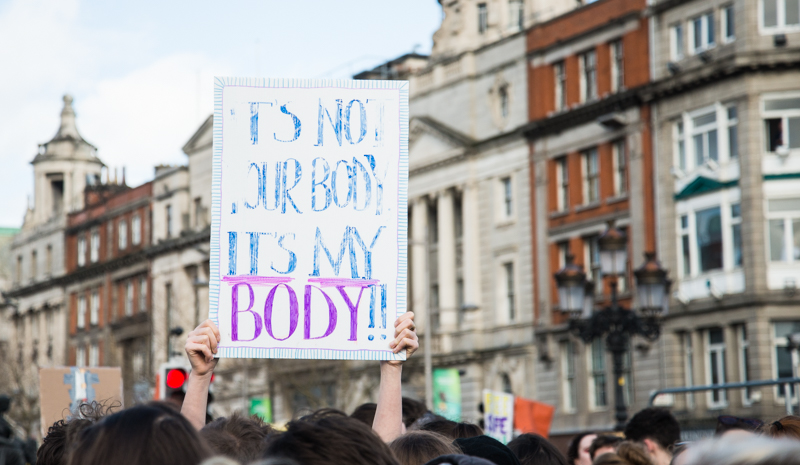Well, it looks like we have lift off. Today, the Oireachtas Committee on the Eighth Amendment voted for a “repeal simpliciter”, which put simply is a vote for a referendum to repeal Article 40.3.3 from Bunreacht na hÉireann, and to not replace it. This vote was carried by 14 in favour and six against, with one abstention from the Chair.
It would seem at this stage almost incomprehensible that we wouldn’t now have a referendum on this issue. Of course, this all has to pass through the Dáil but any legislator worth their salt knows that a referendum is now inevitable and would be wise to at least not stand in the way, even if they are personally opposed to it.
The second significant vote of the day was the vote in favour of granting access to abortion up to 12 weeks gestation without restriction. This vote was carried by 12 in favour and five against, with four abstentions. There was broad consensus that this would go a long way towards dealing with the issues of rape and incest, as legal expertise had made it clear that they were nigh on impossible to legislate for any other way. As expected, a vote of 18-3 in favour of allowing access on the grounds of a fatal foetal abnormality, likely to result in death before or shortly after birth, passed. Given the strong personal testimonies given to the committee in an earlier session, this was nearly guaranteed to pass without much objection.
The second significant vote of the day was the vote in favour of granting access to abortion up to 12 weeks gestation without restriction
A big disappointment to take from today is the almost entire dismissal of socio-economic reasons as grounds for abortion. Despite a strong case being put forward, it was almost entirely rejected by a vote of three to 11, with seven abstentions. While the 12 weeks of access without reasons will catch in a number of cases, it will not cover all instances. And so it will remain that wealthy people will be able to travel without hesitation, and those who need to access an abortion after 12 weeks due to socio-economic circumstances will be forced to scrimp or borrow money, possibly resulting in an even later – not to mention more expensive – abortion.
A significant divergence from the Citizens’ Assembly recommendations was in relation to decriminalisation. Justice Mary Laffoy in her presentation to the committee made clear her thoughts that the Citizens’ Assembly did not examine the issue if decriminalisation enough, and encouraged the committee to do so. The vote for the decriminalisation of women in all circumstances, and doctors in prescribed circumstances, was carried by 18 to three, something that will no doubt bring a sigh of relief to medical practitioners up and down the country.
Despite the positive news from the committee today, and the confirmation by Taoiseach Leo Varadkar this morning of a commitment to a referendum in May 2018, there are also warning signs for the path ahead
Despite the positive news from the committee today, and the confirmation by Taoiseach Leo Varadkar this morning of a commitment to a referendum in May 2018, there are also warning signs for the path ahead. Those within the committee who are determined to oppose access to abortion in all circumstances played out in today’s proceedings exactly as the anti-choice campaign will play out on the campaign trail.
There will be obfuscating and determination to cloud the facts in favour of free and informed debate. There will be wild accusations of bias, as we have already seen against this committee, in favour of simply laying out their case to the people and hoping their argument will stand up. Instead of relying on their “pro-life stance” as being good enough to carry them over the line, they will use threats of bias and unfair media coverage as a reason to convince the electorate they are right.
It is important that people are given the facts and are allowed to make an informed decision. It is the responsibility of the media to not only report the facts but to analyses them in-depth and provide an engaging discourse to their audience. And it our responsibility to take this referendum campaign over the line by engaging and answering questions and concerns, and by not stooping to the low tactics the other side will engage in by confusing the electorate, muddying the waters, and spreading mistruths. This referendum is ours to win. We must win it for the 150,000 women who have already been forced to travel by the unjust law.







